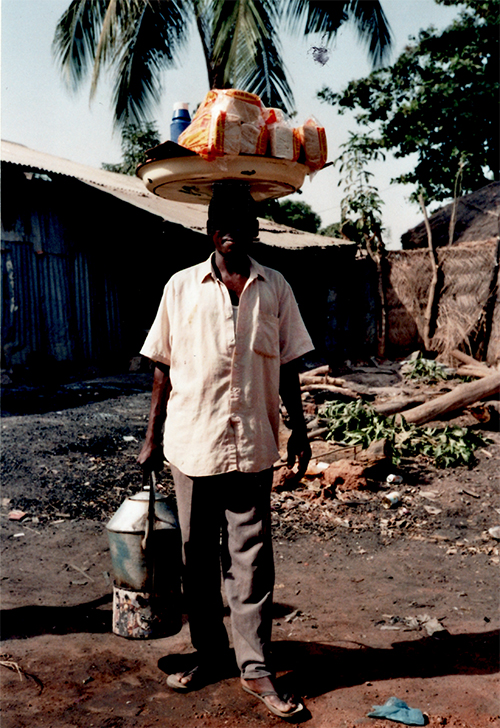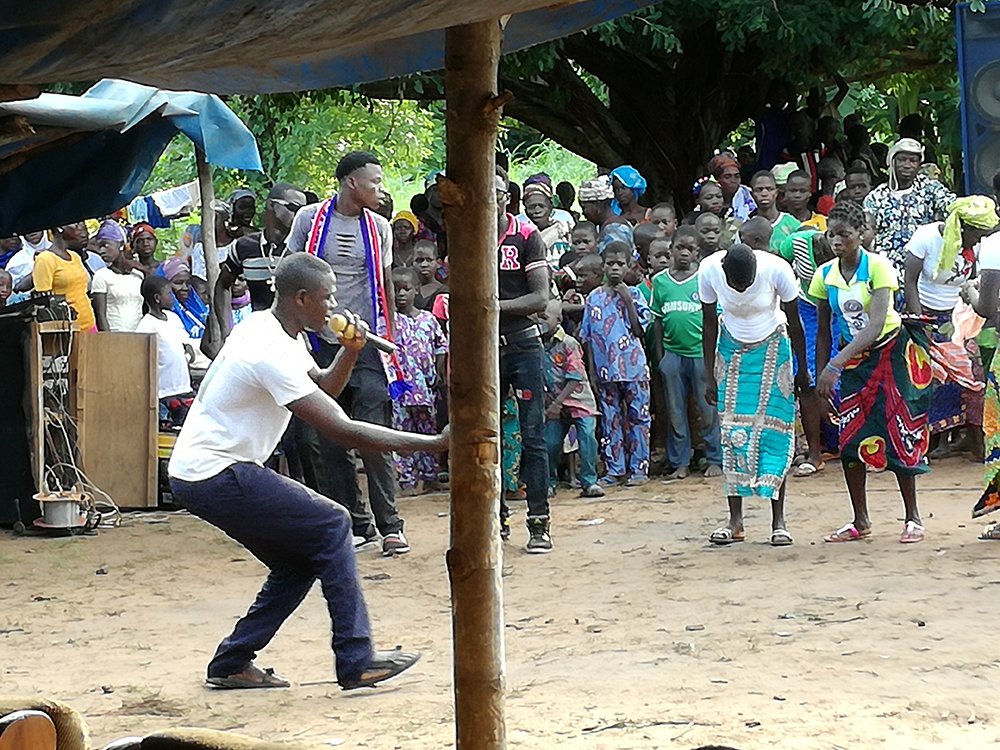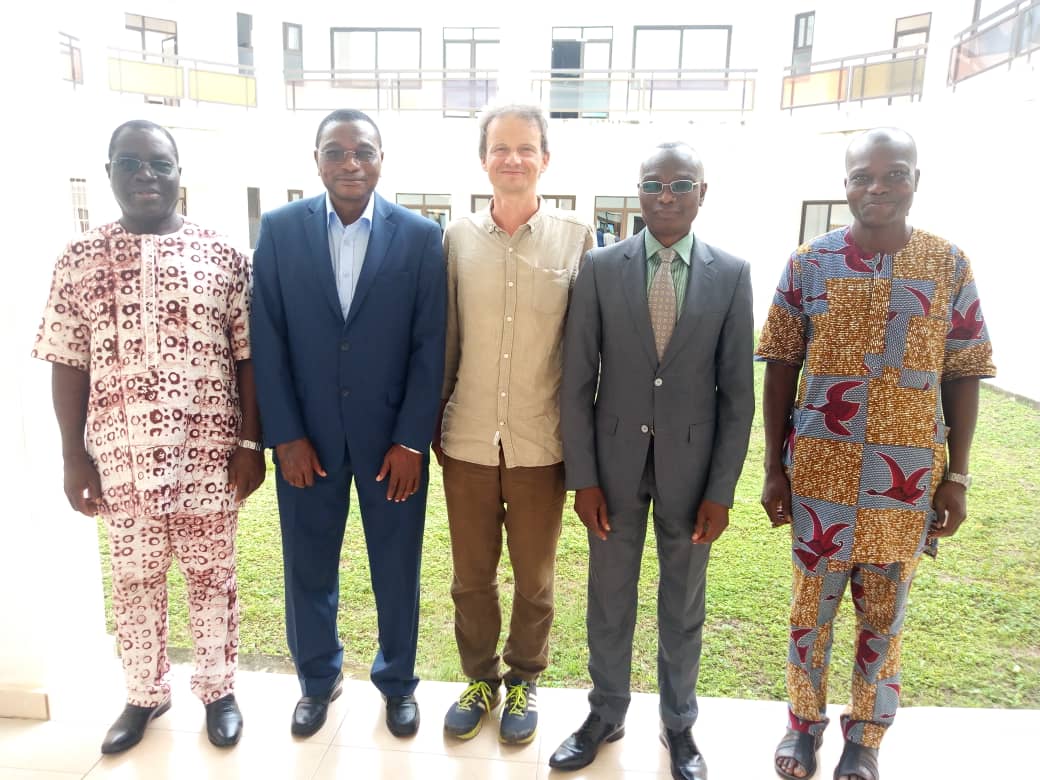Individuals and the social process in Kalanga (Togo)
There seems to be a void in, broadly speaking, the sciences of man, ‘anthropology’. There is biological anthropology, which deals with the human body, as well as philosophical anthropology, which seeks insights into the basic structures of human existence on the basis of reflection on oneself and one's own life. There is social and cultural anthropology that studies society and culture and is interested in man as a bearer of shared social and/or cultural features. It is therefore not a far-fetched idea to imagine an anthropology that would turn human beings, their lives and existence “as such” into its subject and would research them empirically.

This is Musa. Who is he? What life does he live? Seeking an answer to this question, we observe his activities, we are introduced to the relationships he maintains with other people, and we experience his behavior in different life contexts. We develop an understanding of his character traits, skills and knowledge, attitudes and desires, we experience him in moments of high concentration, of leisure, of casual interaction, moments of joy and fear, days of sudden clarity and times spent in illusions. Step by step, we discover how all of this forms a unity in itself and is integrated with Musa's ever-shifting external life circumstances. We also understand, thereby, the process of his life over a certain period of time. More than that, we encounter Musa in his individuality, no one else in the world is exactly like him or leads exactly the same life as he does.
Does such an empirical approach to man already exist in anthropology? The answer is: unfortunately, no, for the most part. Psychology does not pursue this topic, it does not describe individual human beings and their lives as integrated wholes; it focuses on parts of this, such as the unconscious or personality structures. Socio-cultural anthropology? As noted above, this discipline is mostly interested in human beings insofar as they are bearers of shared cultural characteristics - a religious world view, for example - or contributors to social structures - a society’s political system, for instance. The research project attempts to contribute to the establishment of a research interest in people "as such", as integrated wholes, in our discipline. Anthropology is the appropriate discipline for this, because it understands itself as an empirical discipline focusing on man, would produce precise descriptions of individuals and their lives and, through comparative work, bring to light both their general human, culture-specific and, possibly, individual features.
The research project forms part of an international research context. Whoever wants to know more, might turn to these books: Albert Piette: Theoretical Anthropology or How To Observe A Human Being, Nigel Rapport: I Am Dynamite and Jan Patrick Heiss: Musa - An Essay (Or Experiment) in the Anthropology of the Individual.
This project continues with the opening up of a new field site for further research in Togo and the intention to do research in the village of Kalanga, where Bassar/Ncam is spoken. The research project is based on two long-term goals, which will be further specified in the course of the project:
- It aims to gain new insights into the structures of individuals and the processes of their everyday lives (e.g. the forms of decision-making and the positions these forms occupy in individuals’ everyday life processes).
- It assumes, of course, that village life is based on systematically integrated social institutions, but at the same time it wants to investigate how the diversity and individuality of the inhabitants of Kalanga is reflected in the social processes of the village (e.g. in friendships, marriages and conversations).

ISEK has negotiated a Memorandum of Understanding with the University of Kara (Togo), which will form the basis for further cooperation between the two institutions, providing not only a basis for the research project described above, but also for other joint scientific activities. This picture was taken when ISEK submitted its request for cooperation to the University of Kara.
